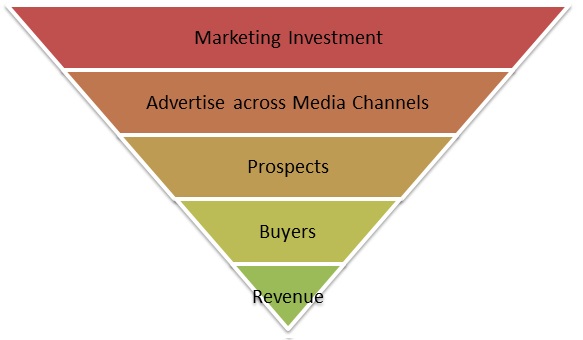Last Updated on February 9, 2024 by John Fischer

In the digital age, email marketing has become a staple for businesses across various industries, including the financial sector. However, while it offers numerous benefits, there are significant negatives for using email to market investments that investors and financial institutions should be aware of.
Email market investments
Security
One of the primary concerns is security. Email systems are vulnerable to hacking and phishing attacks, making them a risky platform for transmitting sensitive financial information. Despite encryption measures, cybercriminals continually devise sophisticated methods to breach email security, putting investors’ personal and financial data at risk. A single successful attack could result in substantial financial losses and irreparable damage to an investor’s trust.
Diminishing Effectiveness
Moreover, the effectiveness of email marketing for investment promotion is diminishing due to oversaturation. Inboxes are inundated with promotional emails, causing investors to overlook or automatically delete messages from financial institutions. The sheer volume of emails competing for attention leads to decreased open rates and engagement, ultimately undermining the effectiveness of investment marketing campaigns.
Challenges/Regulation
Additionally, regulatory compliance poses a significant challenge in email marketing for investments. Financial institutions must adhere to strict regulations governing the promotion of investment products and services. Failure to comply with these regulations can result in severe penalties, including fines and legal repercussions. Ensuring that every email complies with regulatory requirements adds complexity and overhead to email marketing campaigns, potentially hindering their effectiveness.
Lack of Personalization
Another drawback of using email to market investments is the lack of personalization. Generic, mass-produced emails are unlikely to resonate with investors who expect tailored communication and personalized recommendations. Without customization, email marketing campaigns risk being perceived as impersonal and irrelevant, diminishing their impact on investor behavior and decision-making.
Ad Blockers and Spam Filters
Furthermore, the rise of ad blockers and spam filters further exacerbates the challenges of email marketing for investments. These tools automatically filter out promotional emails, reducing the likelihood of reaching investors’ inboxes. As a result, financial institutions must continuously adapt their email marketing strategies to circumvent these obstacles, adding complexity and uncertainty to their marketing efforts.
Although email marketing offers numerous advantages for promoting investments, it also poses significant challenges and drawbacks. From security concerns and regulatory compliance to oversaturation and lack of personalization, financial institutions must navigate a myriad of obstacles to effectively leverage email as a marketing tool. As the digital landscape evolves, finding innovative solutions to address these negatives of using email in investment marketing will be crucial for maintaining relevance and engaging with investors effectively.
We are here to answer any questions you may have. Feel free to give us at a call 561-981-8777.
